Sometimes, a TV series isn’t just good—it’s important. That’s the best way I can describe Adolescence, Netflix’s groundbreaking drama that took center stage at the 2025 Emmy Awards. It wasn’t just another buzzy streaming hit; it became the cultural conversation.
On Sunday night, the series swept the Emmys with a force that left even the biggest TV juggernauts in the dust. Out of 13 nominations, Adolescence walked away with eight wins—an incredible feat that included the coveted Outstanding Limited or Anthology Series or Movie award. It also claimed top honors in acting, writing, and directing categories, cementing its place in TV history.
Fifteen-year-old Owen Cooper became the youngest actor ever to win an Emmy, taking home Best Supporting Actor in a Limited or Anthology Series or Movie. Series co-creator and star Stephen Graham earned Outstanding Lead Actor, while Erin Doherty delivered such a gut-punch of a performance that she walked away with Outstanding Supporting Actress. Add in wins for Philip Barantini’s directing and Jack Thorne and Graham’s writing, plus two Creative Arts Emmys earlier this month, and it’s safe to say: Adolescence completely owned this year’s awards season.
But honestly, the golden statues are only half the story. What makes Adolescence truly unforgettable—and, in my opinion, essential viewing—is the raw, unflinching light it shines on what it actually feels like to grow up today.
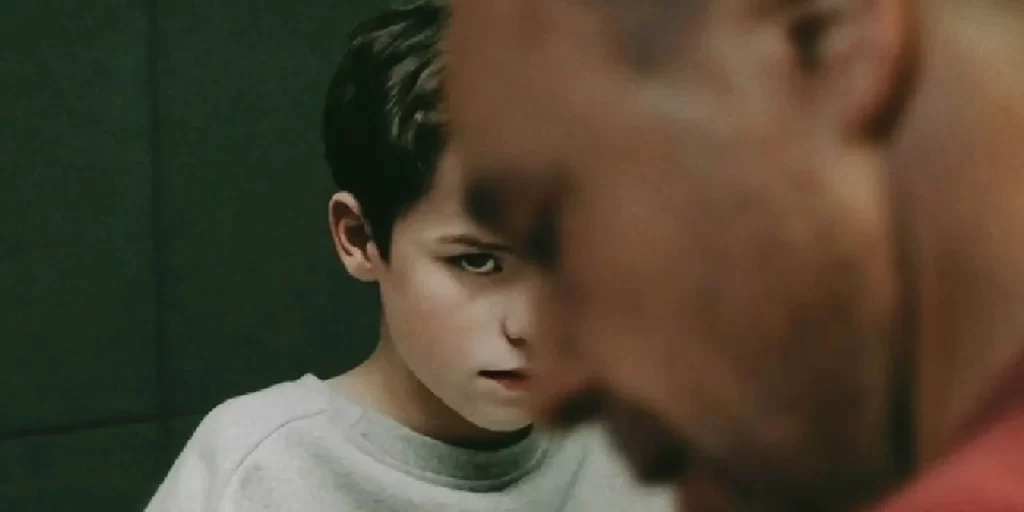
A Crime Story That’s About So Much More Than a Crime
At its core, Adolescence tells the story of 13-year-old Jamie Miller, who is arrested for the murder of his classmate, Katie. It’s a haunting premise—one that instantly makes your stomach drop. But instead of leaning on shock value, the show carefully peels back the layers around this tragedy.
Through flashbacks, interviews, and psychological assessments, we see the social pressures, online harassment, and emotional turmoil both teens endured before that night. Katie had been the target of revenge porn after a topless photo of her was shared without consent, and she later mocked Jamie online with cruel emojis after he asked her out. Jamie, humiliated and spiraling, borrowed a knife to intimidate her. What happened next became a national headline—and the center of this devastating story.
Detective Inspector Bascombe, who investigates the case while grappling with his own fractured relationship with his son (also one of Jamie’s classmates), becomes our window into the ripple effects of this tragedy. Every episode forces us to sit with uncomfortable questions: How much pressure can a young mind withstand before it cracks? Who do we blame when a child commits an unthinkable act? And what role does the relentless digital world play in shaping young identities?
This isn’t just a crime drama—it’s a mirror. And it’s not always easy to look into.
Why Adolescence Matters More Than Any Trophy
I think what makes Adolescence hit so hard is how real it feels. This is not the glossy teen drama where everyone looks 25 and the stakes are prom dates. It’s awkward, messy, and heartbreakingly honest. It dives deep into themes of mental health, toxic masculinity, bullying, and the suffocating pull of social media, showing how these forces collide inside fragile young minds.
And let’s be real—these are things so many adults still prefer not to talk about. We like to imagine kids as resilient by default, as if emotional armor magically comes with age. But Adolescence throws that myth out the window. It shows us what happens when kids are left to navigate the chaos of online validation, misogyny, humiliation, and peer pressure without the emotional tools to survive it.
Watching Jamie’s story unfold is deeply unsettling because it echoes so many real-world headlines—about cyberbullying gone too far, about teenagers taking their own lives after online shaming, about kids exposed to violent or misogynistic content long before they even know who they are.
And that’s what makes this series not just brilliant TV, but necessary TV.
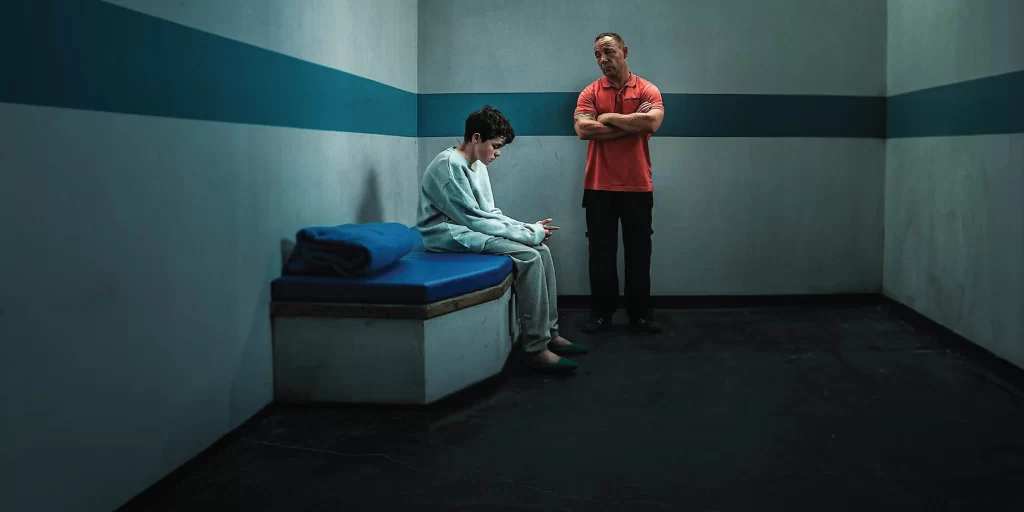
Beyond Entertainment: A Call to Listen and Understand
The real triumph of Adolescence isn’t just its writing or acting (though both are phenomenal). It’s the way it forces us to empathize. To see teenagers not as enigmas or problems to fix, but as complex human beings who are still figuring themselves out—while the world watches and comments on everything they do.
It challenges parents to listen more. It challenges schools to rethink how they support students’ mental health. It even challenges tech companies and policymakers to reckon with the toxic environments kids are growing up in online.
When Owen Cooper walked on that Emmy stage, clutching his statue with trembling hands, it was easy to celebrate the history he made. But the bigger story is the one his character tells—the story of a boy so consumed by shame, confusion, and loneliness that he lost himself entirely. That’s not fiction. That’s reality for far too many kids, and Adolescence refuses to let us look away.
Sparking Conversations That Could Save Lives
What stays with you after watching Adolescence isn’t the plot twist or courtroom verdict—it’s the quiet moments. Jamie staring at his phone as comments pile up. Katie breaking down in the school bathroom. The stunned silence of their classmates.
These scenes plant questions in your head that don’t go away. How do we protect kids from the relentless noise of social media? How do we teach them to value themselves when every app tells them they’re not enough? How do we give them safe spaces to fail, to cry, to ask for help without shame?
These aren’t just teen issues. They’re human issues. And if Adolescence has taught us anything, it’s that ignoring them can have devastating consequences.
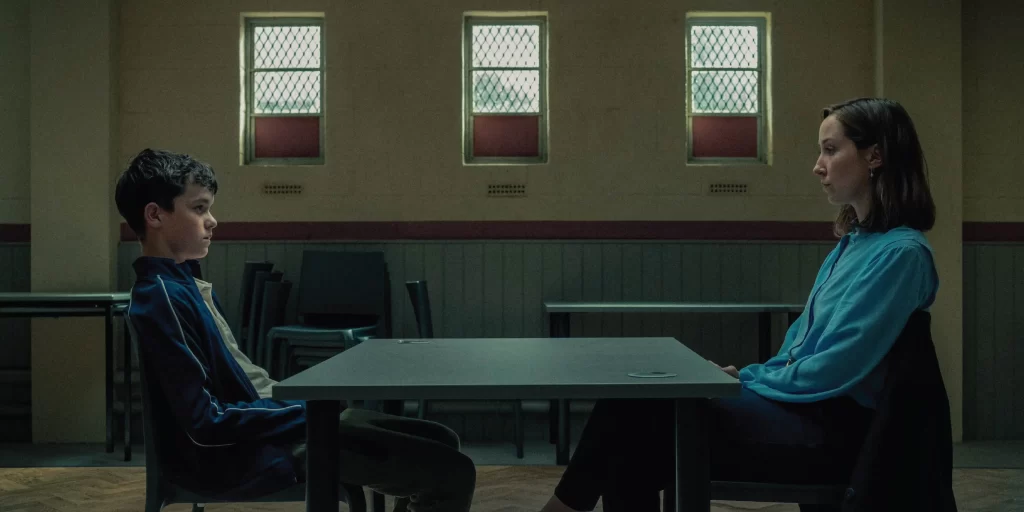
More Than a Series—A Wake-Up Call
It’s rare to see a show spark such urgent, necessary conversations while also being a masterclass in storytelling. That’s why Adolescence sweeping the Emmys matters. Not just because it deserved every single award, but because those wins are a signal that stories about young people’s struggles are finally being taken seriously.
The series refuses to sanitize adolescence. It shows the sharp edges and the fragile moments. It shows that resilience isn’t something kids are born with—it’s something they build, slowly, with the support (or lack of it) around them.
And maybe that’s the most powerful thing Adolescence gives us: a reminder that behind every headline about “troubled teens,” there are just kids—messy, scared, and desperate to be understood.
Final Thoughts
As the credits rolled on the final episode, I didn’t just feel like I’d watched great television. I felt like I’d been handed a responsibility: to talk about these things. To ask hard questions. To listen better.
Adolescence isn’t comfortable, and it’s not meant to be. But it’s honest—and right now, honesty about what our kids are going through might be the most valuable thing we have.
If you watch one Emmy-winning series this year, make it this one. Not just because it’s extraordinary TV, but because it just might change the way you see an entire generation.





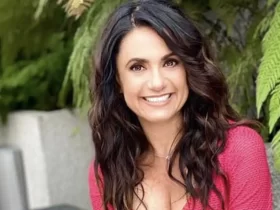

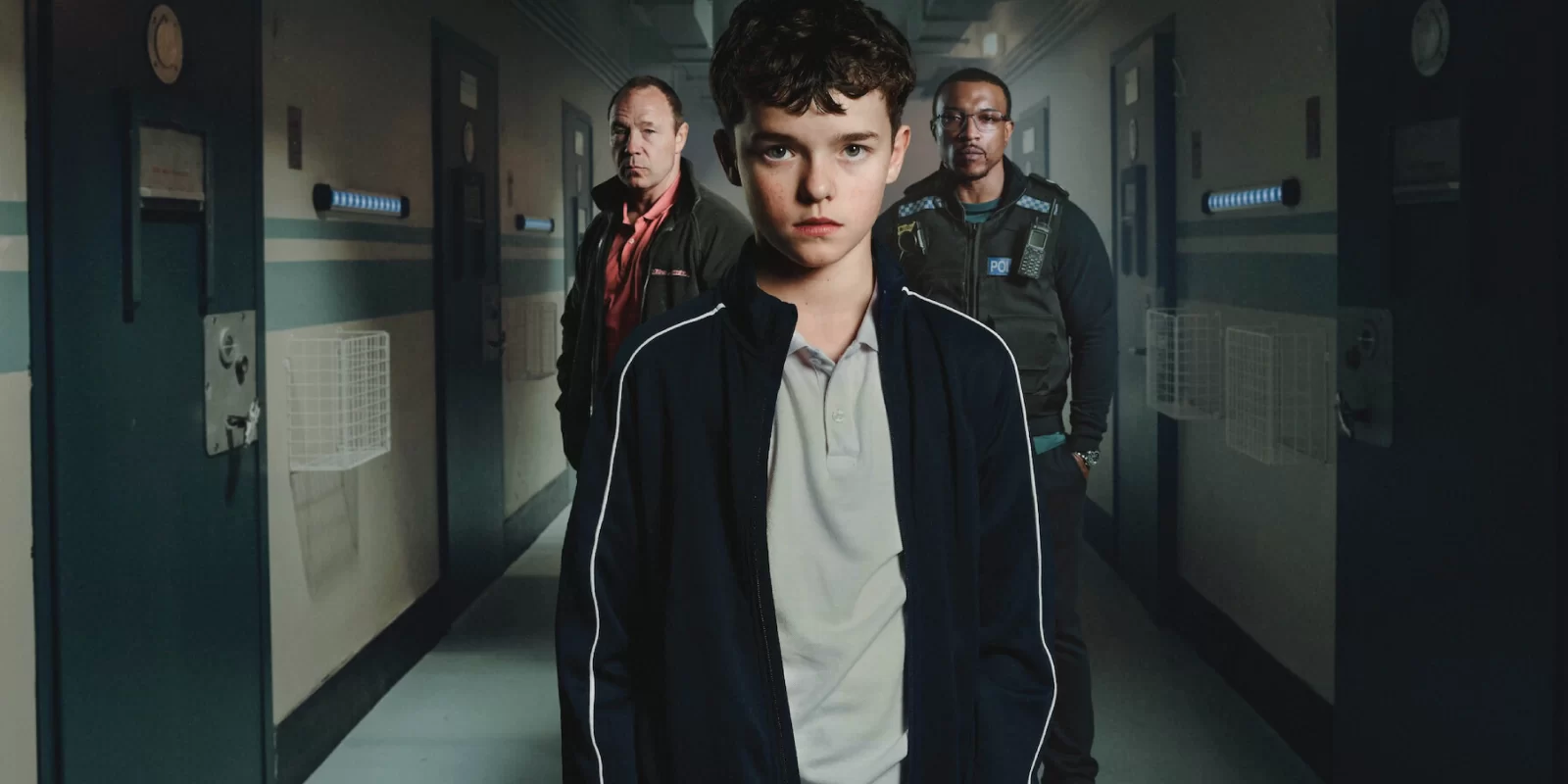


























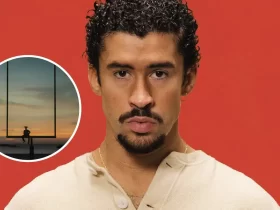
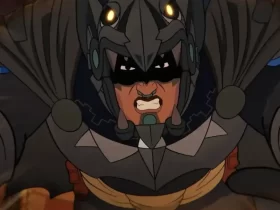

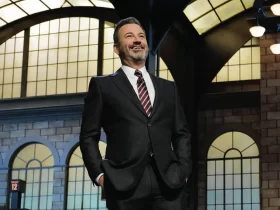
Leave a Reply